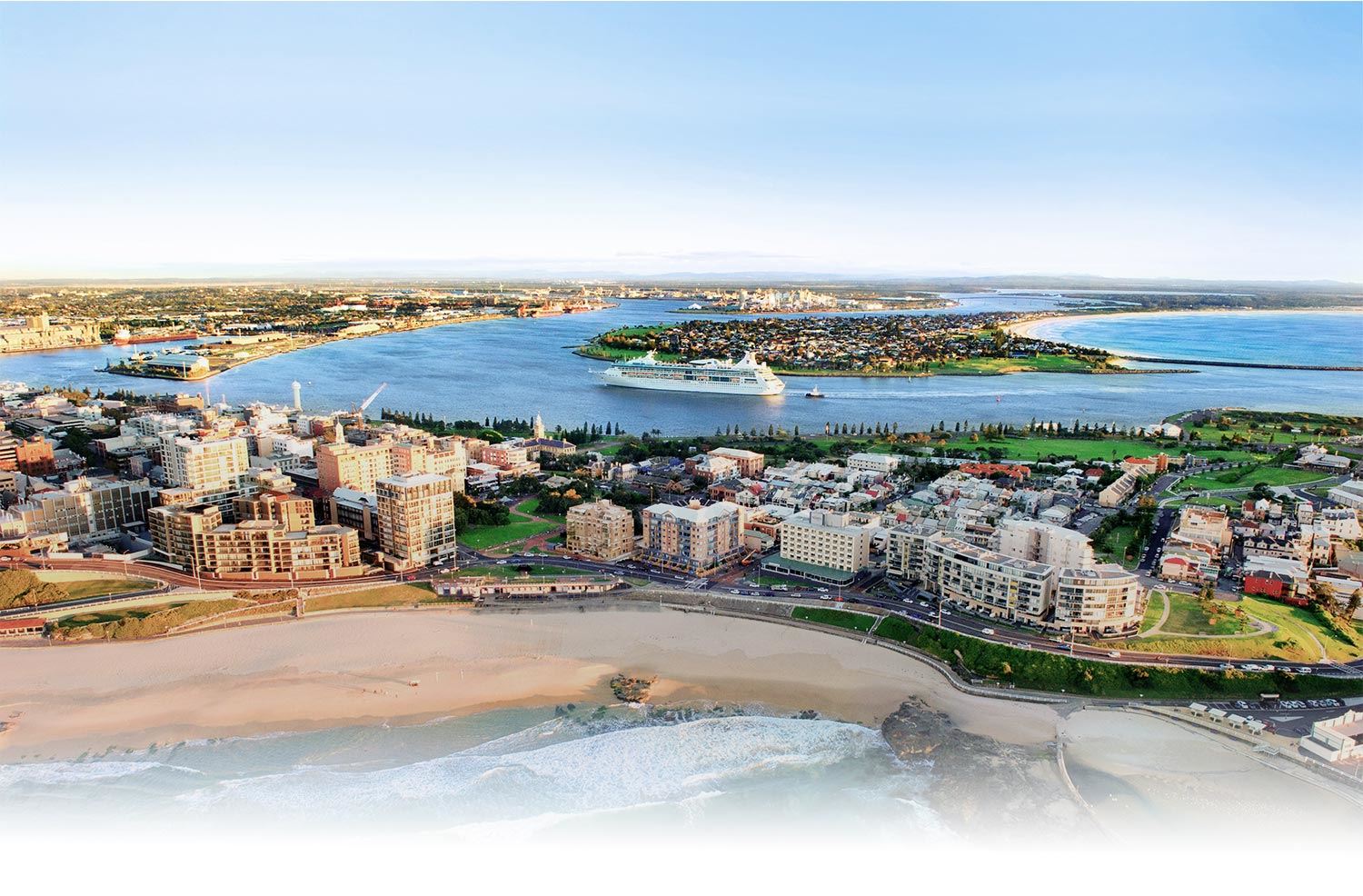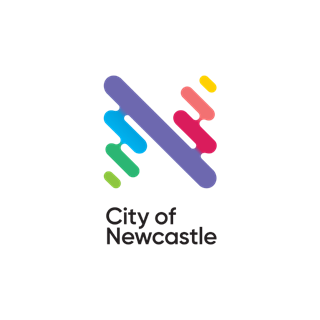
$275 million boost to City’s economy from COVID-19 inspired works program
18 June 2020
A record $116 million capital works program that will generate up to 700 local jobs and increase the local economy’s economic output by $275 million, is the centrepiece of City of Newcastle’s response to the devastating impact of COVID-19.
Lord Mayor Nuatali Nelmes said the 2020/21 budget was a significant budget for the City of Newcastle, with the national economy now in recession and more than 41,000 people either losing their job or withdrawing from the local labour force since February.
“When it comes to major economic downturns through incidents such as COVID-19, governments at all levels have a responsibility to accelerate investment to both keep people employed and uplift economic activity,” the Lord Mayor said.
“City of Newcastle’s $116 million capital works program for the next 12 months is projected to create up to 700 local jobs and increase total economic output in our local government area by up to $275 million.
“The budget also includes a further $3.3 million Community and Economic Resilience Package providing significant targeted relief for businesses, residents and the most disadvantaged members of our community.
“The elected Council recognises the critical need for the City of Newcastle to lead from local government by helping to kick start our local economy back into gear”, Cr Nelmes said.
Over the next 12 months the city will deliver a record local infrastructure works program, including:
- $22.9 million for upgrades to local roads and footpaths
- $17 million for waste management, including $9 million towards the construction of an organics facility to compost food and green waste
- $14.2 million for suburban and city centre renewal (including Hunter Street Mall works and Local Centre upgrades at Wallsend, Kotara, Merewether, Shortland, Stockton);
- $9.3 million for environmental sustainability projects, including $1.4 million for Ironbark Creek rehabilitation
- $8.2 million for new and improved parks, playgrounds, sporting and aquatic facilities
- $7.3 million on storm water upgrades to address localised flooding
- $5 million for new and improved cycleways
- $4.6 million for bridge reconstruction works, including Cowper Street and Nelson Street, Wallsend (part of a $20.8 million overall investment into flood mitigation in Wallsend Town Centre)
- $1.5 million to plant new street and park trees
- $5 million to implement our Climate Action Plan
City of Newcastle CEO Jeremy Bath said the record $116 million infrastructure program will be delivered despite a $12 million reduction in income caused by COVID-19.
“The prudent financial management of City of Newcastle means we have the capacity to fund this COVID-19 stimulus budget, without borrowing. Instead the $336 million budget will be funded from forecast income with a $23 million shortfall funded from existing reserves,” Mr Bath said.
The draft 20/21 Budget was placed on public exhibition from March to May and almost 70 per cent of the submissions were positive or constructive. The City’s support for the community and its future financial sustainability garnered the most responses from the community.
Councillor Nelmes added that the brave decisions by most of the elected Council have protected and expanded our services, while the increased investment into capital works has significantly stimulated the local economy.
“Independent economic analysis shows that our investment in local infrastructure has sustained over 3,500 local jobs and increased economic output across Newcastle by more than $1.27 billion since 2015.
“We have committed to infrastructure upgrades at Wallsend to help mitigate continued flooding in the town centre with detailed designs being developed for the reconstruction of Boscawen Street and Nelson Street Bridges.
“We’re also directing $14.2 million to revitalise suburban hubs and local centres to improve public amenity and pedestrian safety at Kotara, Wallsend, Stockton, Shortland, Merewether and Hunter Street to ensure the best possible outcomes for local businesses and our communities.
“Our City has invested in an advanced organics recycling facility at Summerhill which will divert around 900,000 tonnes of food and garden organics from landfill and will slash greenhouse emissions as part of a 25-year commitment to revolutionise food and garden waste treatment.
“The City’s annual street tree planting program will also deliver the benefit of cleaner air, reduced stormwater runoff, habitat for local biodiversity, more shade and a cooler urban environment.”











